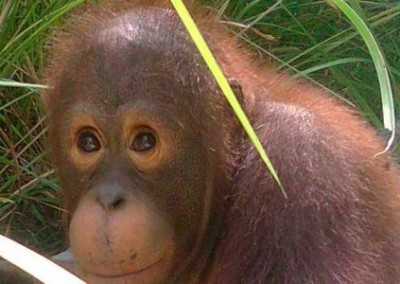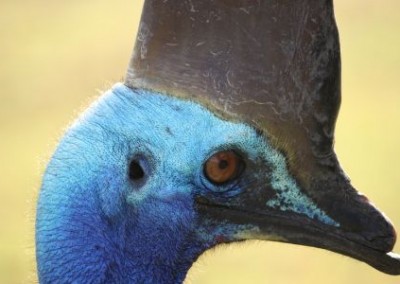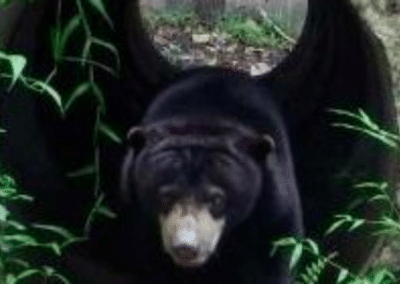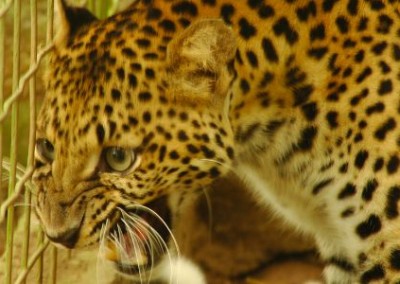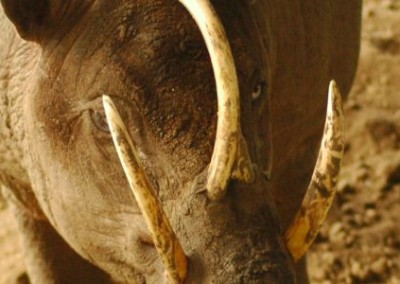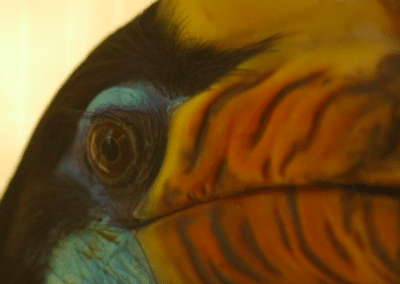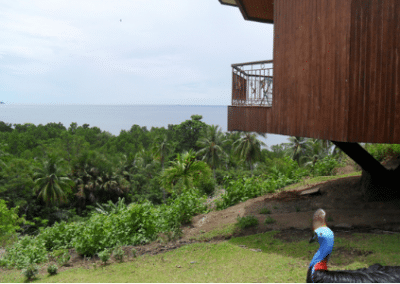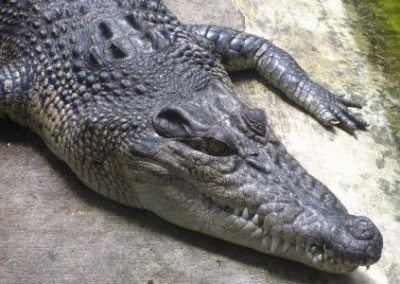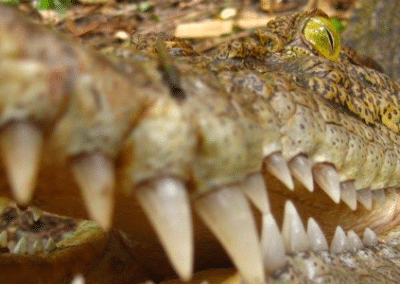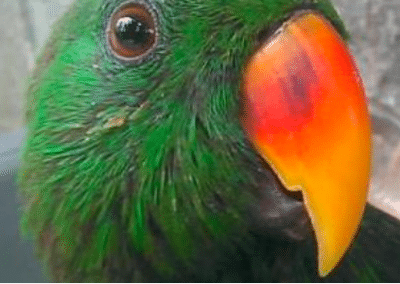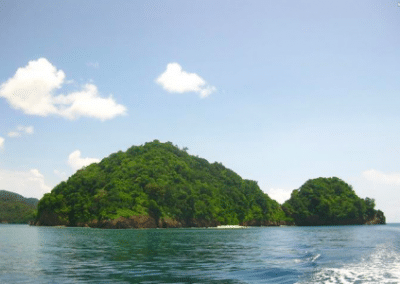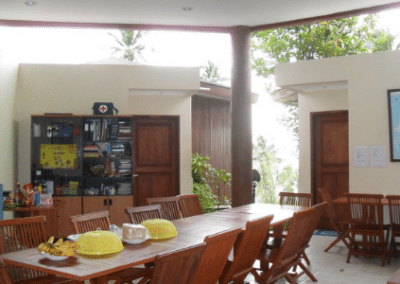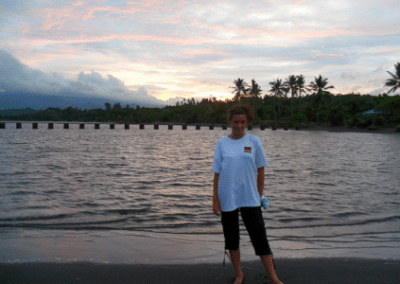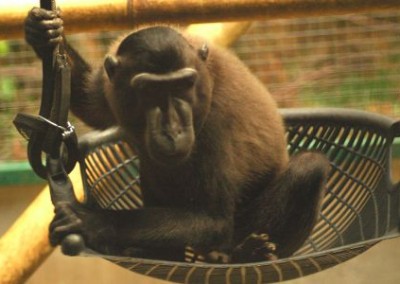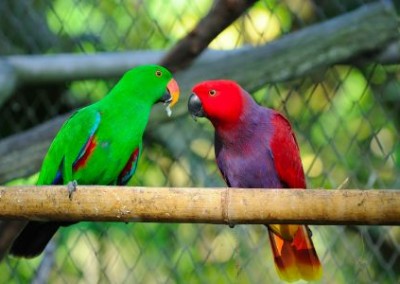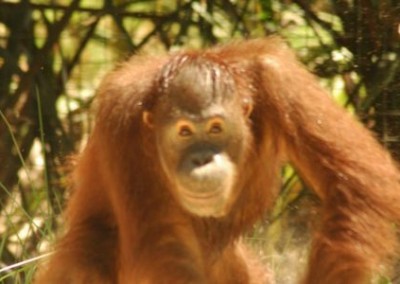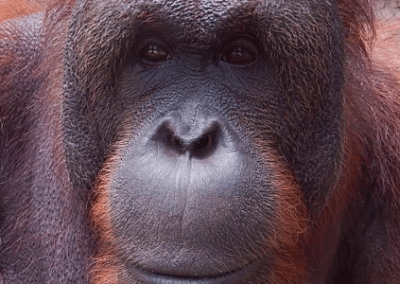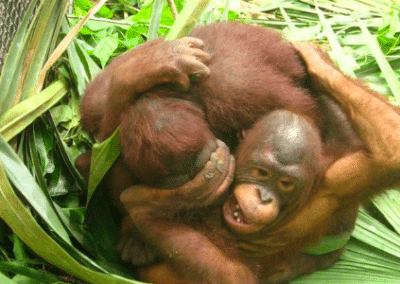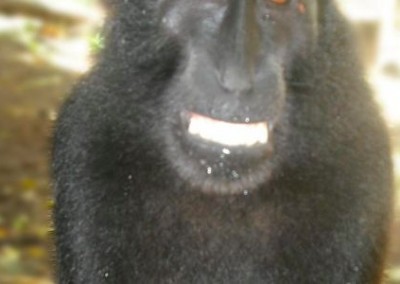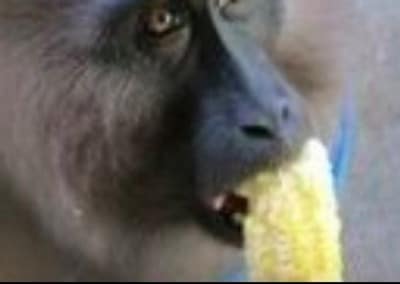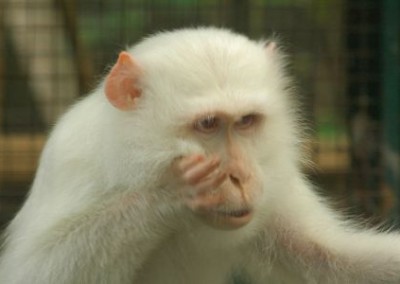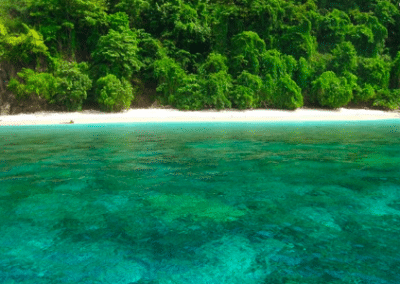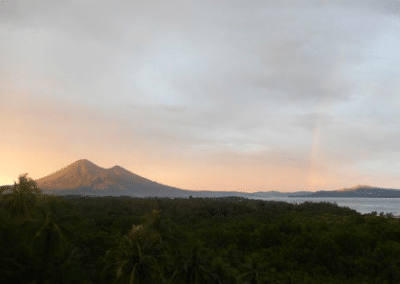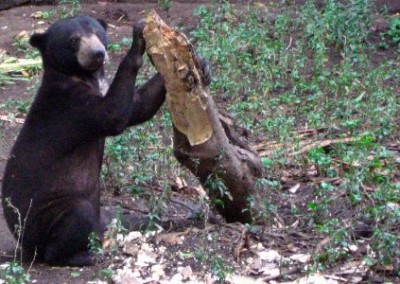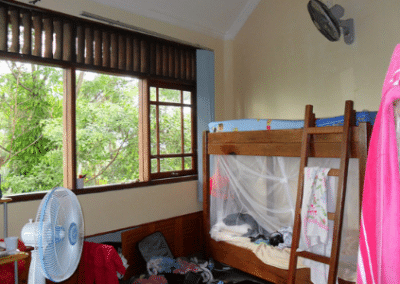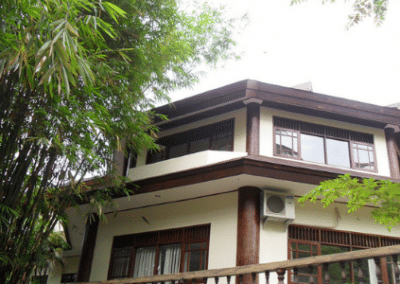- Home
- Destinations
- Asia-Pacific
- Indonesia
- Wildlife Rescue Centre Volunteer Project in Indonesia
What is the Wildlife Rescue Centre Volunteering project in Indonesia all about?
You have probably never even heard of Sulawesi, but if you like the idea of helping fight the illegal wildlife trade then this is the project for you. You will be volunteering at a wildlife rescue, rehabilitation & education centre which was the brain child of Dr Willie Smits, and was started in north east Sulawesi to support the work done by the Masarang Foundation across Indonesia.
Sulawesi was and still is a popular location for those trafficking in wildlife, with animals from across the Indonesian archipelago passing through the region, going on to the Philippines, China and into the global market. With so much wildlife being confiscated in the region, the foundation realised that it needed a permanent base of operations from which it could offer support and care for the wildlife. So centre was constructed and from here the foundation could offer safe harbour for the wildlife that was in so much need of care and rehabilitation. Prior to this, the local authorities were unable to confiscate wildlife from the smugglers and local poachers because there was nowhere to house them.
Over the years, hundreds of species have passed through our gates, and every single individual animal receives an immediate health check, before being placed in a safe and secure enclosure for observation. The list of species that centre has helped over the years is almost endless but includes, and is not limited to, orangutans, sun bears, parrots, gibbons, lorikeets, leopards, pangolin, babirusa, slow loris, cockatoos, turtles & tortoises, crocodiles, macaques, cassowary, snakes, lizards and even a wallaby. We are concerned about ensuring the animal’s physical wellbeing but for the primates we also have to consider their mental health. Primates have often been ripped from a social group, separated from their mothers and been effectively tortured by incorrect diet and care and they are frightened, anxious and alone.
Many indigenous species such as crested macaques, babirusa, anoa and even the larger snakes such as reticulated pythons are also threatened by a thriving bushmeat trade. In order to combat this, the centre has a long established education program that works alongside local community groups, schools and government agencies. Our aim is to inform locals about animal rights and welfare.
Why choose this Wildlife Rescue Centre Volunteering project?
The rescue centre has a dedicated staff team of keepers, dieticians, interns and vets, all of whom are Indonesian nationals and their main goals and aims are to see the wildlife rehabilitated. We want to see the wildlife returned to their natural habitat wherever possible. This means promoting natural behaviours and instincts as much as possible. We do this by spreading feeding times throughout the day but also by providing enrichment for the animals. An enrichment is something designed to improve an animal’s environment. We use our knowledge of the species behaviours and instincts to create something to change their immediate surroundings. This will promote natural behaviour that it might otherwise not have the opportunity to express. Now, at any given time there are typically over 400 animals at the centre, and that is a lot of feeding and enrichment. That is where you come in, as the team here is ably assisted by international volunteers who come from all over the world to help in the rescue and rehabilitation of the wildlife. You will leave the centre with a better understanding of animal welfare and the struggle that wildlife conservation faces in the region.
Role of the Conservation Volunteer
No two days will be exactly the same but that is just the nature of working in a wildlife rescue centre. However, you will be pleased to note that we do have a specific daily routine that volunteers follow. This schedule has been devised over several years and is centred around the needs of the wildlife, not yours or mine. This is in fact extremely important to be aware of. If the routine is not followed then the wildlife may suffer, for example because their food is late.
The principal role of the international volunteer is to help deliver enrichment to the wildlife. By having the volunteers take responsibility for enrichment the keepers can then concentrate on the daily husbandry and care of the wildlife, such as food preparation, feeding and cleaning enclosures.
The type and number of species you will work with cannot be guaranteed because it is going to depend on which wildlife the rescue centre is working with at the time but one thing that never changes is our Safe Distance Policy. We insist that at all times, volunteers maintain a distance of 2 metres from wildlife. Volunteers are never allowed contact with the wildlife and this rule is in place not just for the safety of the volunteer but also the safety of the wildlife. We never want the wildlife to become habituated to contact with humans because our aim is always to rehabilitate and release. This becomes much more difficult with wildlife that is used to people. But also, the safe distance policy reduces the risk of a zoonotic disease passing from volunteer to wildlife and vice versa.
Volunteers typically work from 6.00am until 3.30pm with a one hour break for breakfast and a one and a half hour for lunch which means you work seven hours a day for five days a week, with typically Saturday and Wednesday as days off.
On your day of arrival, which is usually a Monday, we will arrange for you to be picked up from Manado airport by one of our drivers, who will then bring you to the rescue centre. Upon arrival you will be greeted by the volunteer coordinator who will help get you settled in. You can choose to have your official tour of the centre after you arrive or after breakfast the following day but it is entirely up to you to depending on how tired you are from your travel.
What skills do I need to be a Conservation Volunteer in Indonesia?
All we ask is that you bring with you a passion for wildlife and a willingness to be flexible, helping as needed on any given day. You might be worried that you have never worked with animals previously and that you do not truly understand the concept of enrichment. But please do not be concerned because you will be mentored at the centre by our experienced volunteer coordinator. This means you will have a complete tour of the facility, given some time to acclimate to the heat and humidity, and then taught about the wildlife, their needs plus how to devise and deliver enrichment.
The length of time you volunteer is entirely up to you but the minimum length of time is two weeks. This is because two weeks gives you just enough time to get used to things here, the routine, the location and then put what you have learned into practise. If you have a desire to help by using a certain skillset that you already have, then that is great and we will make use of that. Volunteers may help with building maintenance, gardening, permaculture, food preparation or even in the clinic supporting our vets. If you have a background in veterinary science then we would love to have your support. Our longest serving volunteer was here for three years and our oldest volunteer was a retired 81 year old carpenter so whatever your background or age there is a role for you here. However, there is a minimum age limit of 18 to volunteer with us unless you are going to be here with your family and therefore a legal parent or guardian. Yes, we do sometimes have families that join us and they follow a unique routine separate to other volunteers. Families are mentored by our volunteer coordinator who has eight years of experience as a teacher and ten as a youth worker in the UK. At the time of writing our youngest volunteer was eight, his brother was ten and they were here with their father.
WHY JOIN THE PROJECT
FEATURED VIDEO
PROJECT TESTIMONIALS


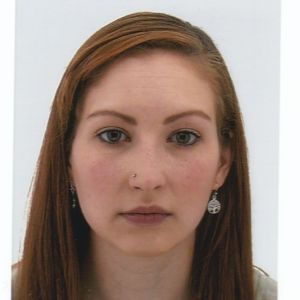
Where will I work in Indonesia?
About the Location
The centre is located on the northern most peninsula of the island of Sulawesi, with mangrove swamps and a black sand beach on one side and tropical rainforest surrounding the property. There are coral reefs just a few dozen meters off shore, sea grass meadows to explore where you may be lucky enough to see a sea snake or one of the larger seahorse species. In the distance, not too far away, are the source of our black sand beache, several long extinct volcanos as well as the highest volcano on Sulawesi, Mount Klabat
The area is ecologically diverse and there are opportunities to see many native species in the wild, with many bird and reptile species living amongst the forest and swamp.
Accommodation
During their time with us, volunteers are housed in our purpose built volunteer house, a two storey building that was constructed when our volunteering program really took off. The ground floor is predominantly used by our very successful education program. It has a very large open plan space that can seat a hundred people, which comes in handy as the space is also used for conferences and meetings by local groups and agencies. There are male and female toilets on the ground floor as well.
Volunteers actually live on the first floor in two single sex bunk bed dormitories and each bunk has storage space as well. Unfortunately we do not cater for couples however you have the option of upgrading your accommodation to a private room in the Eco Lodge which is our guest house. Sometimes there are also permanent members of staff living in the volunteer house, using a third bedroom on the first floor or using one of the dormitory bunk beds. Both volunteer dormitories have balconies with one looking out over the rescue centre towards the beach. There is a large recreational space for volunteers to use, as well as a small kitchenette, male and female toilets, single sex showers, a shared fridge and kettle for making hot drinks.
The food is primarily vegetarian or vegan but seafood is often available and on occasion there is chicken. All the ingredients are sourced locally and prepared by local staff in the kitchen at the guest house. Fresh fruit is always available for volunteers as well as tea, coffee and our very own organic palm sugar, a lovely alternative to other sugars
What to do in your spare time
After work, you can go for a swim at the local black-sand beach, which is within about 500 metres walking distance of the accommodation. Even if you don’t fancy a swim, you can still head down to the beach to watch the sunset in the evenings. The city of Manado is a good option on days off. It is about a 1.5 hour drive away from the centre and has a range of restaurants and shopping malls. It is also situated next to the more infamous area for diving, Bunaken where a wide array of coral and spectacular marine life can be seen. In the areas close to the project there are a number of small towns: Manembonembo, Kema and Girian are all between 5-15 minutes away from the centre and have a range of shops for you to explore too.
Details & Costs
- Duration: 2+ weeks
- Cost: £948 / $1480
Additional prices available in the drop-down menu - Requirements: Age 18+
- Location: Northern Sulawesi, Indonesia
- Project activities: feeding animals, cleaning enclosures, repairing enclosures and generally animal and bird care
- Working hours: 8 hours per day, 6 days a week. Days-off are decided on a weekly basis in agreement with your project coordinator
- Project availability: Project starts every Monday, all year round
- Arrival day: Monday
What is included
- Accommodation: shared room in a single-sex dorm
- Food: 3 vegetarian meals per day (plus occasional fish, sustainably harvested from local sources)
- Airport pick-up at Monado International Airport
- Training: Pre-departure preparation pack, on-site orientation and project induction
- Support: On-site coordinator providing 24-hour support
- Activities: Staff can help organise activities during your free time (activity costs may be extra)
- Fundraising guide
- Working alongside qualified professionals
What is not included
- Flights
- Insurance
- Visas
- Airport drop-off: taxis can be arranged from the project to the airport (approx £20 / $35)
- Any costs for COVID-19 PCR tests required pre-departure and in-country
Easy 4-step application process
APPLY ONLINE
Apply for a Kaya program and pay your application fee to apply for your space on your chosen project. Our advisors will then contact you to guide you through the next steps.
TELEPHONE INTERVIEW
Once we’ve received your application, we’ll review your details and be in touch to arrange your informal telephone interview with your Kaya Placement Advisor.
CONFIRMATION
Following your interview, we will provide you a placement offer. Once you are ready to confirm your placement and dates, you can pay your confirmation fee to book and secure your space.
GET PREPARED
When you have confirmed your project dates we'll send you your Welcome Pack and lots of other helpful information to assist you with preparing for your placement.
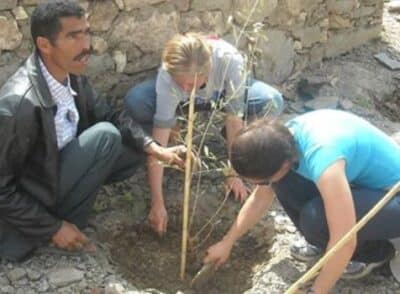
Gain some real experience in Environmental and Wildlife Conservation abroad!
wishlistRemove from
wishlist
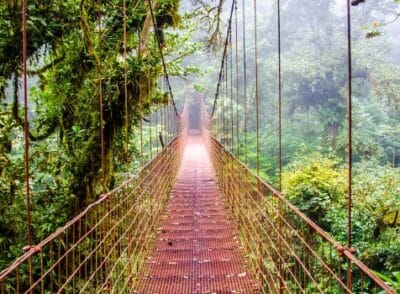
Join a 2-week group micro-internship that combines lectures, interactive discussions on sustainability models, learn about the challenges and successes of these in Costa Rica and finish off the program with practical fieldwork.
wishlistRemove from
wishlist
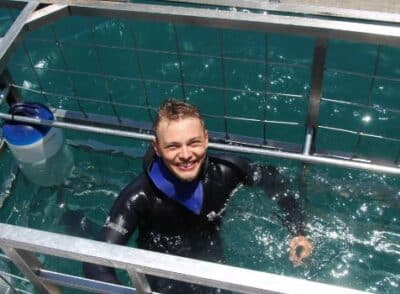
Join this Marine Big 5 Volunteer Program in Gansbaai South Africa and contribute to the protection of the Cape Coast ecosystem!
wishlistRemove from
wishlist
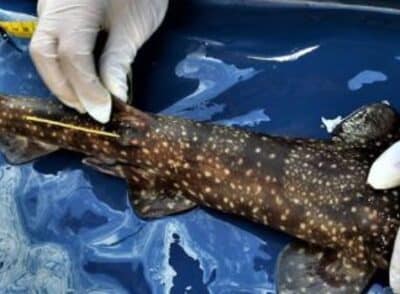
Join this Scientific Skills Based Marine Internship in Gansbaai South Africa as and assist world class biologists and researchers.
wishlistRemove from
wishlist

